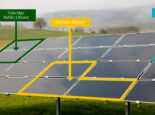Powering the sunny South with solar energy
The Southeast has enough sun to power our region
The sunny South has some of the greatest solar potential in the nation, yet solar energy remains a vastly underutilized resource across our region. The Northeast — not known for its sunny weather — is outpacing the South on rooftop solar installations. While some Southern states have begun to see an uptick in solar adoption over the last five years, states like Alabama and Tennessee rank near the bottom nationally. Underinvestment in solar comes with an enormous opportunity cost.
Of all the renewable energy resources available today, solar power has the smallest environmental footprint and a soaring growth rate. The solar industry has grown at an average annual rate of 33% over the last decade. This represents a significant economic engine in a region with a poverty rate far above other parts of the country. As long as the South remains behind the curve on solar, we’ll continue to lose jobs and economic development to other parts of the country. That’s why the Southern Environmental Law Center’s solar initiative is working with partners across the South to advance policies that unlock solar potential for our region.
There is so much more solar potential in our region. Regulatory and utility policies have an enormous impact on whether we reach that potential or not.
Nick Jiminez, Senior Attorney
Why are utilities blocking access to solar?
Southern states have a lot to gain from solar power if utilities and local governments put fair policies in place. At the same time that solar energy has come down in price, some utilities are actually trying to make solar investments more expensive by charging households and businesses punitive fees, crediting customers for valuable solar at rock-bottom rates, and blocking access to common sense financing. Some of the greatest barriers to solar could be remedied by state legislatures or regulatory bodies – forums where utilities have wielded tremendous power and influence for decades. Despite growing recognition of the environmental and economic benefits of solar, many electric utilities remain more interested in preserving their monopolies than in giving Southerners the freedom of solar choice.
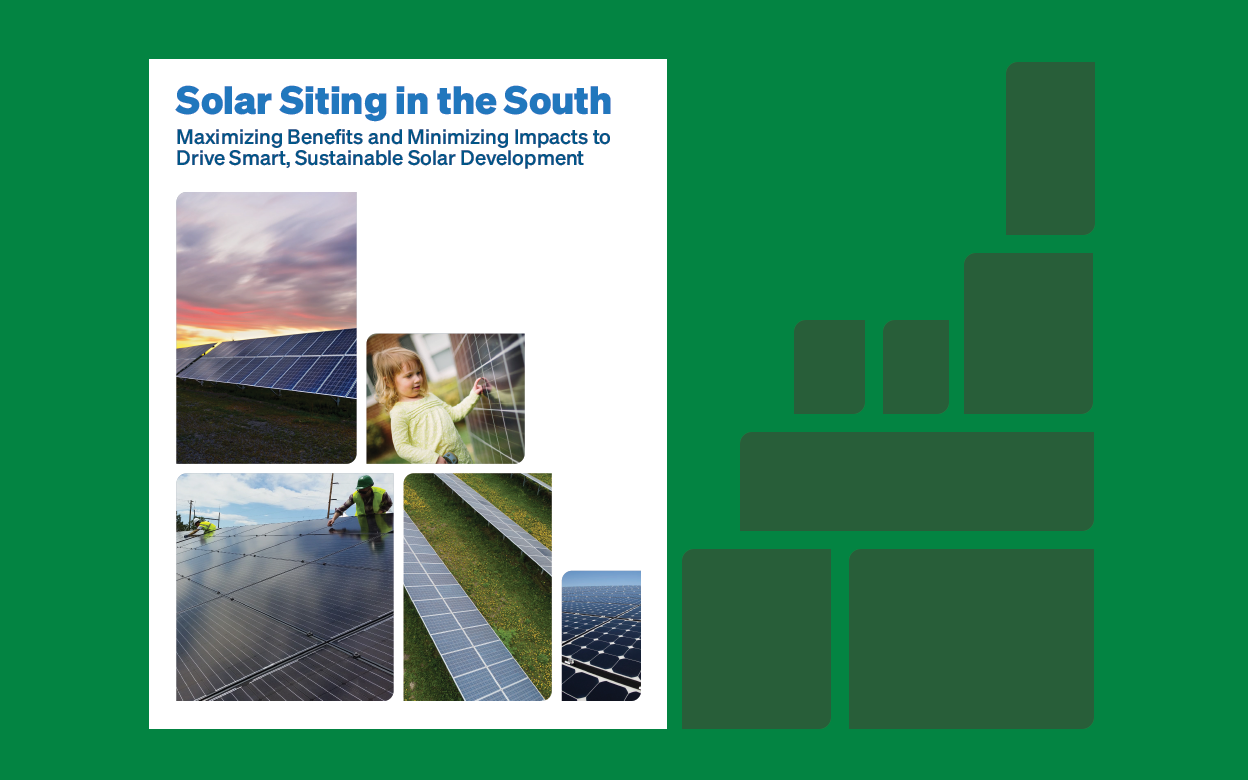
Solar Siting in the South
Our latest report, Solar Siting in the South, highlights the benefits of solar and explores the environmental review and permitting processes in place to evaluate and minimize potential adverse impacts associated with new utility-scale solar development.
SELC is making solar accessible for all Southerners
We believe that the expansion of solar energy is inevitable, but we’re pushing utilities, lawmakers, and state utility commissions to shorten the timeline so that Southerners can reap the benefits of solar now and help slow the impacts of climate change as soon as possible. Solar currently employs more American workers per unit of generation than fossil fuel industries like “natural gas,” and employs over twice as many workers as the coal industry. This represents an enormous opportunity for job creation in a region with some of the highest unemployment and poverty rates in the nation.
People in the South have disproportionately high energy burdens, meaning more of their income goes toward energy bills. Data and the work of countless advocates have shown that communities of color and households that earn low or fixed incomes are disproportionately exposed to pollution from fossil fuel emissions. Investments in solar energy are a matter of environmental justice, and it’s crucial that our region decarbonize as quickly as possible to make our energy system cleaner and more affordable.
The Southern Environmental Law Center’s solar initiative focuses on removing barriers for renters and homeowners of all income levels to make solar accessible for all Southerners. From a former coal miner turned solar installer in Alabama to a family farmer in North Carolina, from a pastor in Georgia to high school students in Virginia, everyone has their own reasons for going solar. We’re working with partners on the ground and utility customers in each state in the South to advance policies that unlock solar potential for all.
Additional Resources
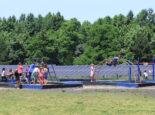
Riding the Solar Coaster
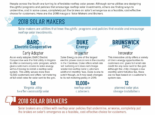
Solar Makers and Brakers
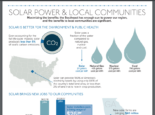
Solar Power & Local Communities
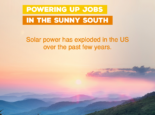
Solar in the Sunny South


